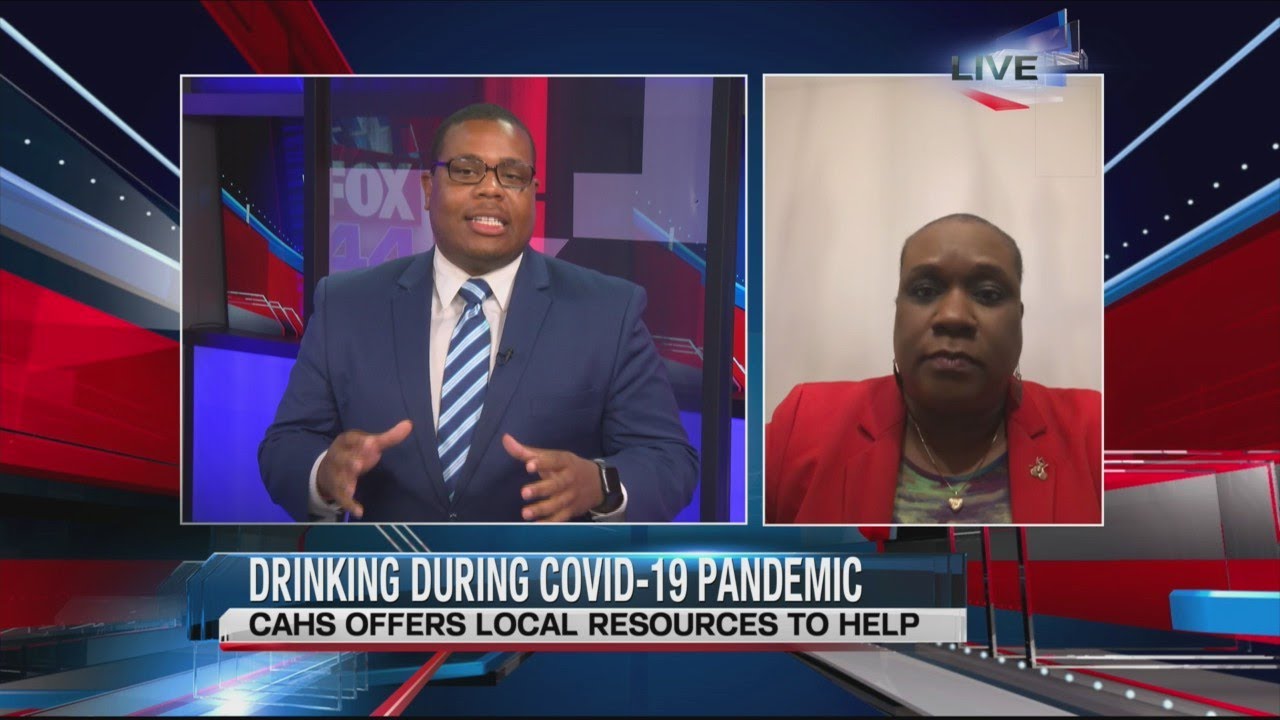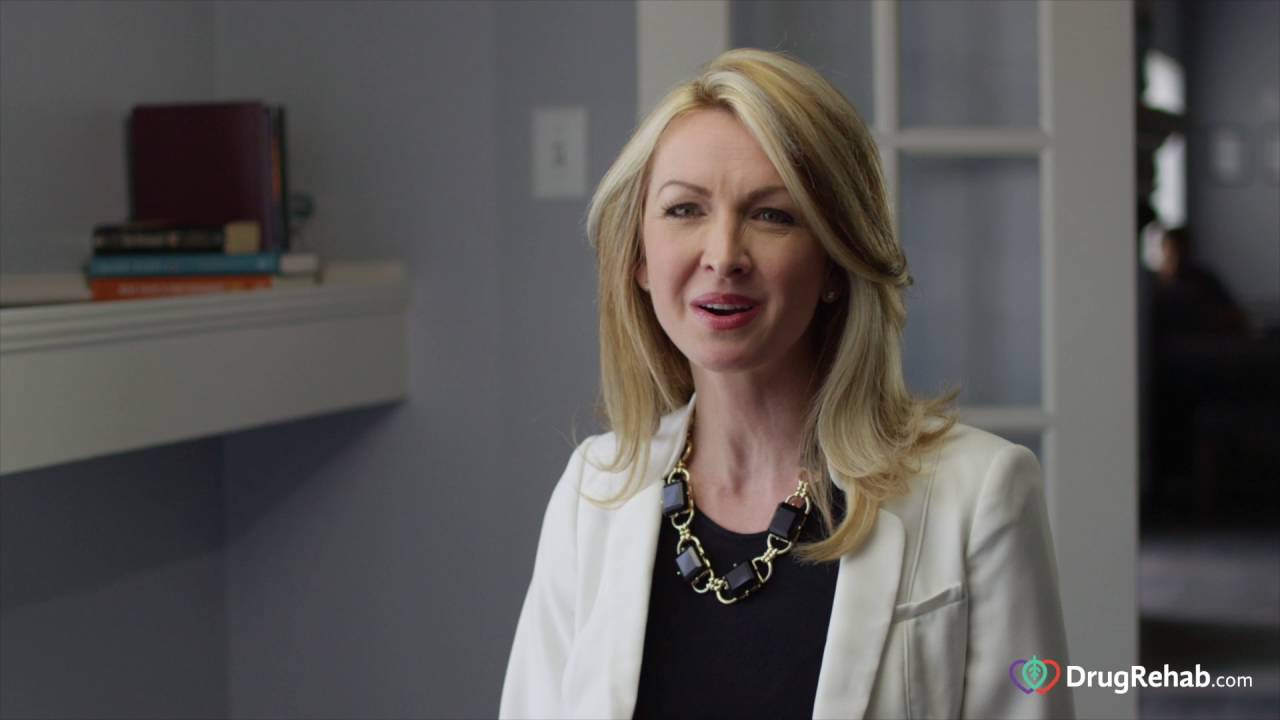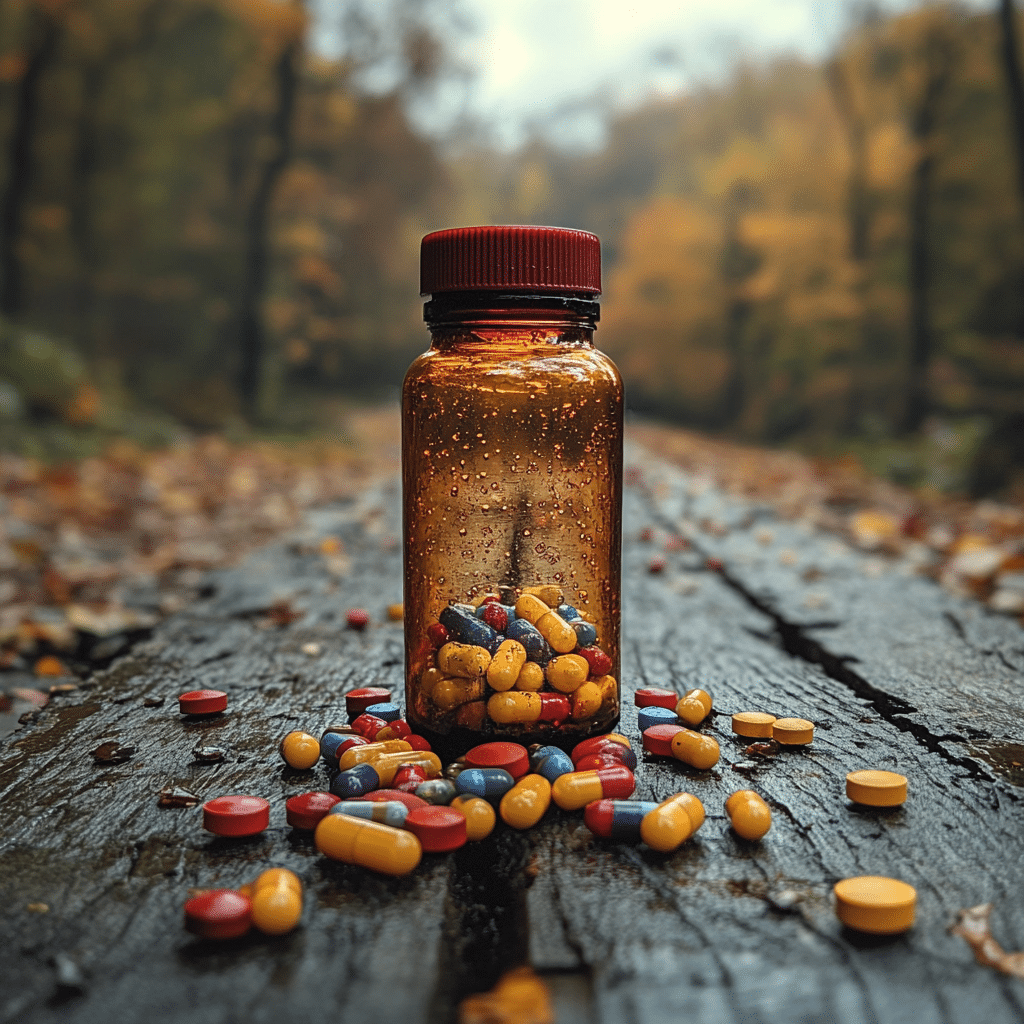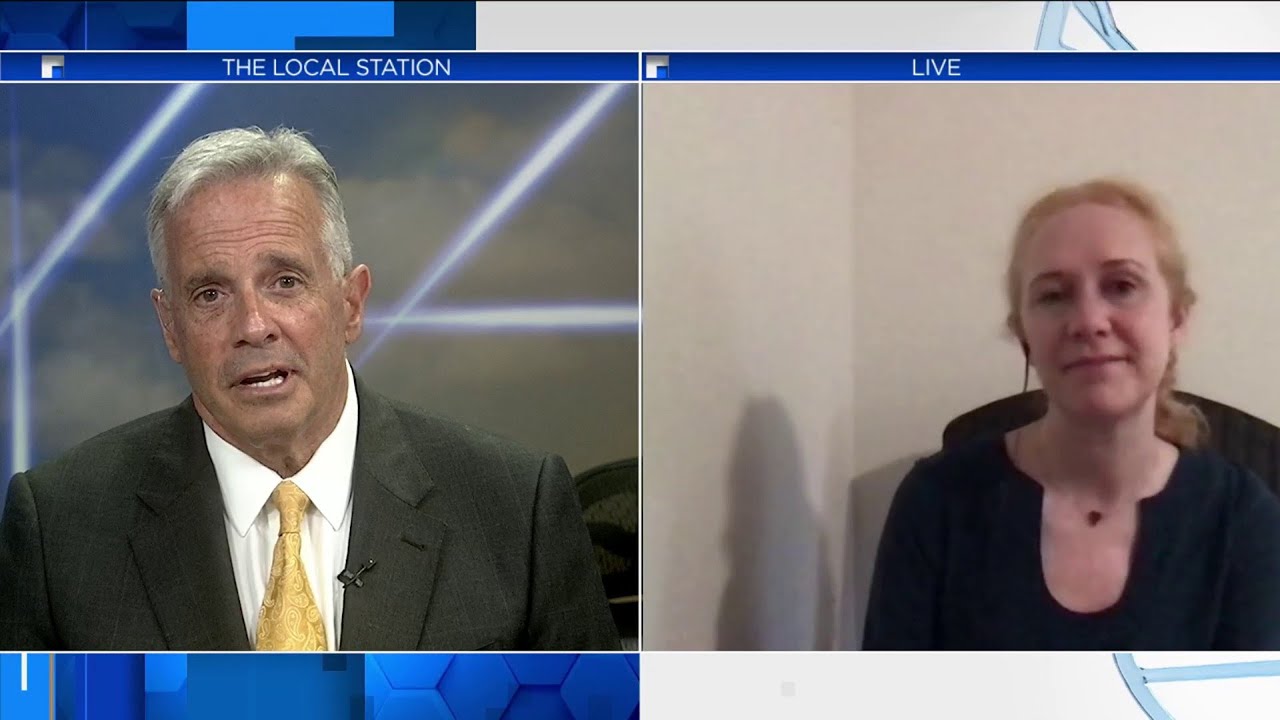Struggling with addiction is a battle that too many families face. But there’s hope, and it comes in the form of local resources for addiction. These resources not only provide essential services for individuals dealing with substance use issues but also offer pathways to healing for families and entire communities. At Mothers Against addiction, we understand the pain of watching a child grapple with addiction or losing a child to this heartbreaking disease. We exist to support you on this journey, providing insights into local resources that can help transform lives and restore families.
Top 7 Local Resources for Addiction Support
In an ever-evolving landscape of addiction recovery, finding the right support can mean the difference between despair and hope. Here’s a look at seven impactful local resources for addiction that have been changing lives:
CDACS can be found in almost every major city. They offer personalized therapy programs designed for individuals facing addiction challenges. Their services range from individual counseling to group therapy sessions, facilitating a supportive environment. Thousands of families have found new beginnings at CDACS through their evidence-based approaches implemented by certified addiction counselors.
This organization has treatment centers positioned throughout various locations, focusing on holistic care. From detoxification to outpatient therapy, The Recovery Village provides comprehensive support for all stages of recovery. Their after-care programs assist individuals in reintegrating into their communities, promoting healthier lifestyles long after formal treatment has concluded.
For those who prefer an alternative to the traditional 12-step programs, SMART Recovery offers numerous local chapters. This peer-led approach focuses on self-help and personal responsibility, using cognitive behavioral tools to effectively manage recovery. By empowering individuals to take control of their journey, SMART Recovery creates a vital space for transformation.
If you’ve been adversely affected by a loved one’s substance use, Nar-Anon can offer solace. Their network of local meetings fosters a community atmosphere where families can share their experiences and support one another. By connecting with others facing similar challenges, families can navigate the emotional turmoil addiction brings while accessing critical resources.
With a focus on the intersection of mental health and addiction, NAMI’s local chapters provide educational programs, peer support groups, and advocacy initiatives. They aim to reduce stigma surrounding addiction and mental health challenges, emphasizing the necessity of addressing both to achieve lasting recovery. By connecting families to these essential resources, NAMI plays a pivotal role in healing.
Teen Intervene targets adolescent substance use issues directly. Local counselors trained in this program provide guidance and support for teens and their families, helping them confront challenges early on. This proactive approach can turn the tide for many young adults, steering them toward a healthier future.
Many houses of worship have outreach programs tailored for those affected by addiction. Through counseling and community support groups, these faith-based initiatives offer a lifeline for hope and healing. The spiritual connection often fosters a sense of belonging and purpose that can be transformative.
How Local Resources Foster Community Recovery
The impact of local resources for addiction extends far beyond individual cases; they play a vital role in promoting community recovery. They help reshape perceptions of addiction, fostering understanding and compassion. Here’s how:
| **Local Resources for Addiction** | **Description** | **Contact Information** |
|---|---|---|
| Support Groups | Community-based meetings for individuals struggling with alcohol or substance use disorders (SUDs). | [Find local groups at local recovery centers] |
| OSAR Programs | Outreach, screening, assessment, and referral programs providing information and access to substance use services. | [National Helpline: 1-800-662-HELP (4357)] |
| Therapy Sessions | Family therapy sessions to facilitate open dialogue about addiction, helping families understand and support each other. | Check with local therapists or health centers |
| Online Forums | Digital spaces offering support and shared experiences among those dealing with addiction issues. | [Online support platforms like Reddit, Facebook groups] |
| Hotlines | 24/7 confidential support for individuals seeking help, guidance, or someone to talk to about drug or alcohol use. | National helplines, local crisis hotlines |
| Treatment Centers | Facilities offering detoxification, counseling, and medical assistance for addiction recovery. | Local clinic directories or health departments |
| Sober Living Houses | Transitional living environments for individuals recovering from addiction to support continued sobriety. | Contact local recovery organizations |
| Community Outreach Programs | Local initiatives aimed at raising awareness about addiction and providing resources to affected families. | Visit local health department websites |
| Recovery Coaches | Individuals providing personalized support and guidance for those in recovery or seeking recovery. | [Find recovery coaching services locally] |
| Family Support Groups | Groups focused on helping families cope with the challenges of a loved one’s addiction. | [Family support resources through local agencies] |
The Future of Local Resources for Addiction
As we move through 2024, the dynamic nature of substance use disorders makes it clear that the need for local resources is more pressing than ever. Advocating for funding and policies that strengthen these programs is crucial. With the emergence of new treatment methodologies and substances, staying informed is key to ensuring ongoing success.
Supporting local resources for addiction is an investment in individual and community health. It means recognizing that the fight against addiction is a shared responsibility. The journey toward healing begins with the resources we embrace. By nurturing support networks, we create a springboard for transformation. Together, we can forge a path forward, ensuring lasting change, hope, and recovery.
For more comprehensive guides and tools, you can explore our Resources And Tools designed for families experiencing challenges with addiction. Remember, you’re not alone, and together, we can support those who need it most.
To explore local treatment options, check out our guide on finding local Rehab Centers to ensure you have access to the most effective support available.
Through these local resources for addiction, we have the power to transform not just individual lives but entire communities. Let’s take that step together, filled with compassion and resilience, helping one another along the way.
Local Resources for Addiction That Transform Lives and Communities
Making the Connection
Local resources for addiction are like hidden gems in our communities, often overlooked but incredibly powerful. Did you know that addiction services funding varies greatly across different states? For example, each state earmarks funds that can lead to substantial changes in treatment options available. Investing in these programs can foster remarkable transformations for individuals and families alike. Take a moment to think about how the average Sq footage Of a house influences living conditions. A clean and supportive environment can be a game-changer for those on the path to recovery.
Speaking of transformation, there’s a story that’s made headlines — the case of Dayonte Resiles. This serves as a somber reminder of the journey many individuals face in dealing with addiction. When communities come together and promote local resources for addiction, they can change lives by creating supportive networks that help those struggling find healing and hope.
Language Matters
Ever wondered how cultural differences can play a role in tackling addiction? Understanding terms like Drugs in Spanish can bridge gaps and foster communication within diverse communities. It makes a real difference when people can speak and understand in their native language, enabling them to truly grasp the importance of seeking help. Local resources for addiction also often include bilingual support programs, demonstrating that accessibility comes in many forms.
In times of need, many individuals look for solutions, including options like a personal loan no origination fee. Such financial tools can help families access the help they desperately require without added burdens. It’s through these small yet meaningful connections that a community can uplift each other, fostering a sense of unity in the face of adversity.
Community as a Support System
Communities are the backbone of local resources for addiction, and the impact they have can’t be overstated. From awareness programs to support groups, each initiative plays a vital role. Imagine a neighborhood coming together to support those affected by addiction — not only can this shift perceptions, but it can also create lasting change. Such collective efforts remind us that addiction isn’t just a personal battle, but a community concern that warrants communal care.
By leveraging local resources for addiction, communities can effectively combat the stigma surrounding the issue and foster understanding instead. With funding pouring into these crucial programs, we can build systems that not only help those in need but promote a healthier environment for everyone. So, let’s keep the conversation going and transform our communities into supportive spaces for healing — together, we can make a difference!

What is a support group for addicts?
Support groups for addiction are community gatherings where people come together to share their stories and support each other through the recovery process. They help create a sense of belonging and understanding among individuals facing similar challenges.
How do you help a person who has an addiction?

To help someone with an addiction, it’s important to approach them with empathy and compassion while encouraging open conversations. Listen to their feelings without passing judgment, and discuss available resources that can aid them in reducing or stopping their substance use.

What can families do to cope with a loved one’s addiction?

Families coping with a loved one’s addiction can benefit from open communication and seeking support for themselves. It’s helpful to participate in family therapy or support groups where everyone can express their feelings and learn how to manage their situations together.

What is OSAR in Texas?

OSAR stands for Outreach, Screening, Assessment, and Referral programs in Texas. These programs provide information on substance use services and can guide individuals on where to get help based on their specific needs.
How do I find a local support group?
Finding a local support group can start online, where social media and forums often have listings of nearby meetings. You can also reach out to local addiction treatment centers for recommendations.
What are the three types of addicts?
There are many types of addicts, but they typically fall into categories such as chronic users, binge users, and occasional users, each having different patterns of substance use and issues.
What not to say to someone who has an addiction?
When talking to someone with an addiction, it’s best to avoid blaming, shaming, or making dismissive comments about their struggles. Instead, focus on understanding them and offering support.
How can I help without enabling?
Helping someone without enabling them means setting healthy boundaries while providing support. Encourage them to take responsibility for their actions while still being there to listen when they need to talk.
How to get rid of addiction?
Overcoming addiction usually involves a combination of professional treatment, support groups, and personal commitment. There are various approaches, such as therapy, medication, and lifestyle changes, that can work together to help someone break free.
What does the Bible say about overcoming addiction?
The Bible encourages those struggling with addiction to seek strength and guidance through faith. Verses about hope, perseverance, and renewal can be sources of inspiration for individuals looking to overcome their struggles.
What are the family rules of addiction?
Family rules of addiction often include establishing boundaries, maintaining open communication, and enforcing consequences for enabling behavior, which helps create a more stable environment for everyone involved.
What are the treatments for drug addiction?
Treatments for drug addiction can vary and may include behavioral therapies, medication-assisted treatment, or outpatient and inpatient rehabilitation programs, tailored to the individual’s needs and circumstances.
What is the Shars program in Texas?
The SHARS program in Texas stands for the School Health and Related Services program, which helps cover health-related services for eligible children, potentially including those struggling with addiction.
What is a PUD in Texas?
In Texas, a PUD refers to a “Person Under Detention,” often relevant in legal contexts involving substance use issues, typically related to assessments of addiction.
What is the medically needy program in Texas?
The medically needy program in Texas offers assistance to individuals who have high medical costs but whose income is too high for Medicaid. This can sometimes include assistance for substance use treatment.
What is a support group and how does it work?
A support group is a safe space where individuals gather to discuss their experiences and progress in recovery. It typically involves sharing personal stories, educating each other, and providing mutual support.
What is the difference between treatment and support groups?
Treatment generally involves professional interventions aimed at addressing the addiction, while support groups focus on providing emotional backing and community among peers who are undergoing similar experiences.
What treatments are available to help people with addiction?
There are many treatments available for addiction, including counseling, group therapy, medication, and holistic approaches, all designed to address the individual’s specific needs comprehensively.
What is the name of the drug addict group?
The names of drug addict groups vary widely, but popular organizations include Narcotics Anonymous (NA), Alcoholics Anonymous (AA), and SMART Recovery, each providing unique frameworks for support and recovery.

What is a support group for addicts?
Support groups for addiction are community gatherings where people come together to share their stories and support each other through the recovery process. They help create a sense of belonging and understanding among individuals facing similar challenges.
How do you help a person who has an addiction?
To help someone with an addiction, it’s important to approach them with empathy and compassion while encouraging open conversations. Listen to their feelings without passing judgment, and discuss available resources that can aid them in reducing or stopping their substance use.
What can families do to cope with a loved one’s addiction?
Families coping with a loved one’s addiction can benefit from open communication and seeking support for themselves. It’s helpful to participate in family therapy or support groups where everyone can express their feelings and learn how to manage their situations together.
What is OSAR in Texas?
OSAR stands for Outreach, Screening, Assessment, and Referral programs in Texas. These programs provide information on substance use services and can guide individuals on where to get help based on their specific needs.
How do I find a local support group?
Finding a local support group can start online, where social media and forums often have listings of nearby meetings. You can also reach out to local addiction treatment centers for recommendations.
What are the three types of addicts?
There are many types of addicts, but they typically fall into categories such as chronic users, binge users, and occasional users, each having different patterns of substance use and issues.
What not to say to someone who has an addiction?
When talking to someone with an addiction, it’s best to avoid blaming, shaming, or making dismissive comments about their struggles. Instead, focus on understanding them and offering support.
How can I help without enabling?
Helping someone without enabling them means setting healthy boundaries while providing support. Encourage them to take responsibility for their actions while still being there to listen when they need to talk.
How to get rid of addiction?
Overcoming addiction usually involves a combination of professional treatment, support groups, and personal commitment. There are various approaches, such as therapy, medication, and lifestyle changes, that can work together to help someone break free.
What does the Bible say about overcoming addiction?
The Bible encourages those struggling with addiction to seek strength and guidance through faith. Verses about hope, perseverance, and renewal can be sources of inspiration for individuals looking to overcome their struggles.
What are the family rules of addiction?
Family rules of addiction often include establishing boundaries, maintaining open communication, and enforcing consequences for enabling behavior, which helps create a more stable environment for everyone involved.
What are the treatments for drug addiction?
Treatments for drug addiction can vary and may include behavioral therapies, medication-assisted treatment, or outpatient and inpatient rehabilitation programs, tailored to the individual’s needs and circumstances.
What is the Shars program in Texas?
The SHARS program in Texas stands for the School Health and Related Services program, which helps cover health-related services for eligible children, potentially including those struggling with addiction.
What is a PUD in Texas?
In Texas, a PUD refers to a “Person Under Detention,” often relevant in legal contexts involving substance use issues, typically related to assessments of addiction.
What is the medically needy program in Texas?
The medically needy program in Texas offers assistance to individuals who have high medical costs but whose income is too high for Medicaid. This can sometimes include assistance for substance use treatment.
What is a support group and how does it work?
A support group is a safe space where individuals gather to discuss their experiences and progress in recovery. It typically involves sharing personal stories, educating each other, and providing mutual support.
What is the difference between treatment and support groups?
Treatment generally involves professional interventions aimed at addressing the addiction, while support groups focus on providing emotional backing and community among peers who are undergoing similar experiences.
What treatments are available to help people with addiction?
There are many treatments available for addiction, including counseling, group therapy, medication, and holistic approaches, all designed to address the individual’s specific needs comprehensively.
What is the name of the drug addict group?
The names of drug addict groups vary widely, but popular organizations include Narcotics Anonymous (NA), Alcoholics Anonymous (AA), and SMART Recovery, each providing unique frameworks for support and recovery.




























